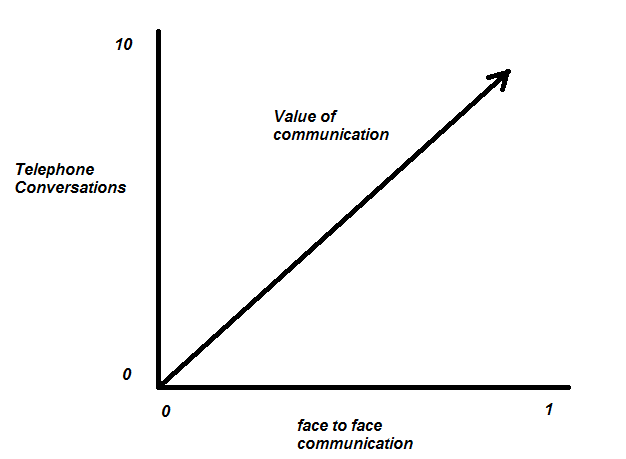I think most of us have gotten away from using the phrase “a war on talent’ throughout the industry. It’s not really a war, and if it was most of you would lose. Most talent acquisition shops are unwilling to do what it would take to win a war, that’s just a fact, not a shot at your shop.
There’s a better phrase that I think should encompass the plight of talent in our organizations that is used frequently in sports:
“It’s not a ‘talent’ contest. It’s a ‘winning’ contest!”
This means it doesn’t matter how talented the other team is, it all comes down to winning the game. Great, you have the best talent, but if you’re losing the game/contest/event your high level of talent means nothing!
HR, Talent Acquisition and most executives have a hard time with this. They want to get the ‘best’ talent. When, in reality, the best talent might not help your organization ‘win’. Yes, you win or lose in most organizations. You either make the sale or don’t make the sale. You either launch on time or don’t. You either design award winning products, or you design products that never make it market. Those are winning and losing in a business sense.
Business isn’t a talent game. It’s a winning and losing game.
What does this mean to HR and Talent Acquisition? You don’t always need the most talented individuals to win. What you need is people who are willing to give that little bit of extra effort, over those who won’t. This discretionary effort gets you the win, over talented individuals who aren’t willing to give such effort.
You need individuals that put the goal, the vision, first. Again, nothing to do with talent. They believe in what you are doing as an organization, and do what it takes to make those goals reality.
You need individuals who want to see those around them succeed and are willing to sacrifice themselves, from time to time, to see their peers and coworkers succeed. This sacrifice has nothing to do with talent.
I love talent, don’t get me wrong. All of us need a certain level of talent to do what we do, but almost all of us don’t need to be the ‘most’ talented to be successful. When we go out and build our talent strategies we have to be aware of this. It’s not about hiring top talent. It’s about hiring the talent that will make our organizations successful.
I don’t want my organization to be in a talent game. I want my organization to be in a winning game.


